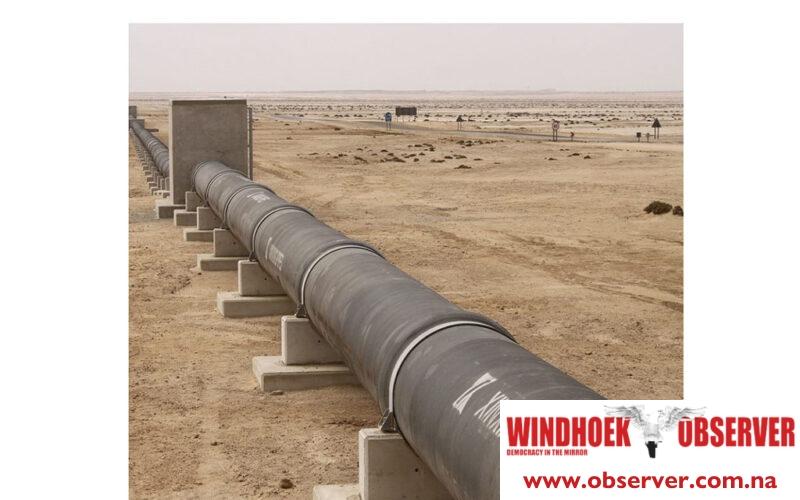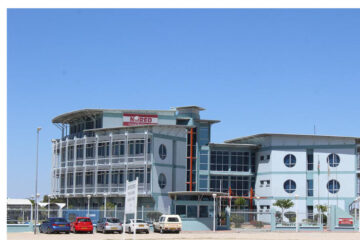Erasmus Shalihaxwe
The long-awaited project to replace the ageing water pipeline between Ogongo and Oshakati, which has caused water interruptions over the years, began over the weekend.
The pipeline was originally built in 1978 and has been an important source of water for the four north-central regions.
Due to increasing demand and the pipeline’s age has led to frequent breakdowns and reduced water pressure.
The minister of agriculture, water, and land reform, Calle Schlettwein said these events posed challenges to the government’s efforts to ensure an uninterrupted supply.
According to him, the replacement of 52.4 kilometres of asbestos cement pipes with modern, durable materials will ensure the resilience and reliability of water supply systems.
“By eliminating outdated materials such as asbestos-cement and replacing them with safer alternatives, we are investing in the long-term health and well-being of our citizens,” he said.
He urged all stakeholders, including community leaders, to ensure efficient and transparent execution of the project.
“Especially the traditional leaders, we will need your assistance with regard to access to land and avoiding putting up buildings on top of pipelines. We are not able to put the new pipeline along the old one because of buildings that are on top of the old one in many places along the way,” urged Schlettwein.
NamWater Chief Executive Officer Abraham Nehemia explained the project’s scope, which involves a complete overhaul of the existing infrastructure.
This includes modern engineering solutions to enhance operational efficiency and environmental sustainability.
“Enhanced capacity by increasing the volume of water transported to meet current and projected demand up to 2040. Capacitating our staff members in terms of modern water management techniques and technologies. As NamWater, we are grateful for the government’s financial backing, which enables us to execute our critical projects,” said Nehemia.
Oshana Region Governor Elia Irimari stressed the urgency of the project, noting the frequent complaints his office and regional councillors receive about water supply challenges, including pipe breaks and reduced pressure in areas such as Oshikuku, Uukwangula, and Elim South.
“Hence this project, by replacing over 52 kilometres of pipeline and upgrading key components, there will be a guarantee of a more robust and efficient water supply system,” said Irimari.




